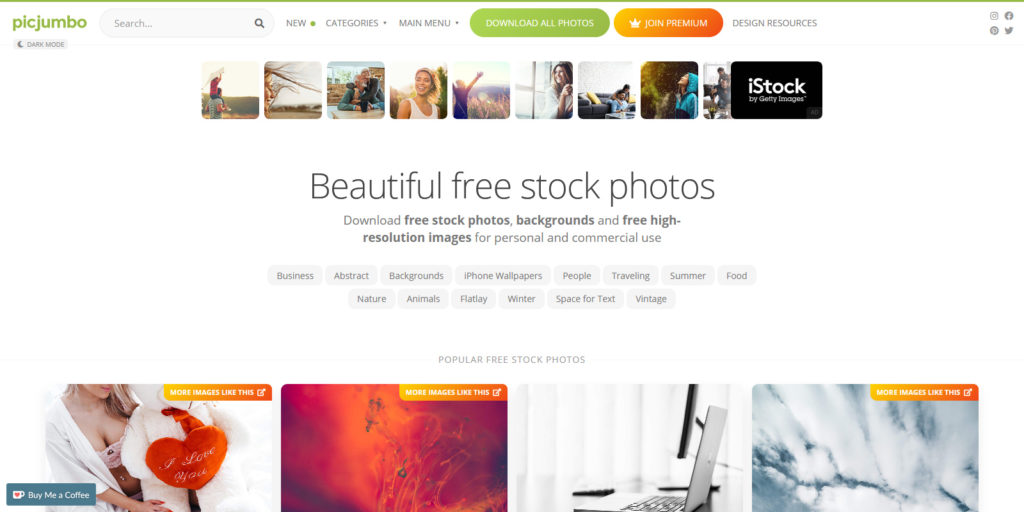Ways to Pick the Best Web Portal for The Needs
Ways to Pick the Best Web Portal for The Needs
Blog Article

Within the current digital landscape, how we obtain information has transformed significantly. With a multitude of resources accessible online, choosing the right web portal or web directory can have a significant impact on how you navigate the internet. Regardless of whether you are looking for specific resources, discovering new interests, or managing a business, understanding these tools will help you make educated decisions and improve your online experience.
Get Started
Web portals and web directories serve distinct purposes, yet they are often confused. A web directory categorizes links and resources based on categories, which makes it easier to find sites pertinent to your interests. Conversely, a web portal acts as a gateway to a variety of services and information, often offering personalized features. Understanding these differences is crucial for selecting the right tool to meet your specific needs and streamline your online activities.
Comprehending Internet Gateways
Internet portals are unified platforms that provide individuals with a gateway to a diverse array of data and services. They serve as a bridge that connects individuals to various resources, such as databases, programs, and tools tailored to particular requirements. Companies and entities often employ internet portals to enhance processes, improve productivity, and improve user satisfaction by integrating varied data sources into an accessible easy-to-reach place.
A key of the major aspects of internet gateways is their capability to personalize information. Individuals can establish profiles that enable the portal to deliver customized content based on their interests and actions. This personalization can consist of news updates, product recommendations, and related files. By catering to individual user needs, internet portals can significantly enhance engagement and user experience.
Moreover, internet portals often incorporate cooperative features that facilitate interaction and exchanging among users. Tools such as discussion boards, social networking integration, and document sharing facilities facilitate interaction, making the portal not just a source of information but also a shared environment. As businesses increasingly embrace online technologies, understanding the capabilities and benefits of internet portals becomes essential in harnessing technology for improved results.
Reviewing Your Needs
As you are deciding between a web directory and a web portal, it's essential to assess the particular needs of your initiative. Think about what you hope to gain with the site. Web directories are commonly created for listing resources and links, making them perfect for showcasing businesses, services, or products in an systematic manner. If your primary goal is to provide users with convenient access to sorted information, a web directory may be the best choice.
On the flip side, if you need a more holistic solution that combines various services and features, a web portal could be a better fit. Web portals often include built-in tools, such as user accounts, forums, and personalized content, boosting user engagement. Identify whether your users would gain from additional functionalities beyond just access to information. Understanding the scope of interactivity you need will guide your decision.
Moreover, consider your audience and their needs. Are they looking for a simple way to access links and information, or do they require a more interactive experience? Connecting with your target audience can provide valuable insights into their interests and behaviors. This understanding will not only promote a better user experience but also help you pick a platform that corresponds with their needs.
Evaluating Web Portal Options
When evaluating web portals, it is essential to consider the specific features each option offers. Some portals specialize in managing content, allowing users to quickly arrange and disseminate information. Others may focus on community engagement, providing forums and community tools to encourage user engagement. Identify what functionalities are crucial for your needs to help narrow down your choices.
Personalization is another important aspect to think about when selecting a web portal. Various portals allow for extensive personalization, allowing users to customize the layout and tools to fit their preferences. This adaptability can enhance the user experience considerably, making it more convenient to access relevant resources and information. Look for options that enable you to adjust the design and functionality free from requiring extensive technical knowledge.
In conclusion, consider the scalability of the web portal. As your needs change, the platform should be able to handle growth, whether through increased user numbers, additional features, or expanded content. A portal that can scale with you will provide a long-term solution, minimizing the need for future migrations or revisions. Assess how well the portals can adjust to changing requirements before making your decision.
Report this page